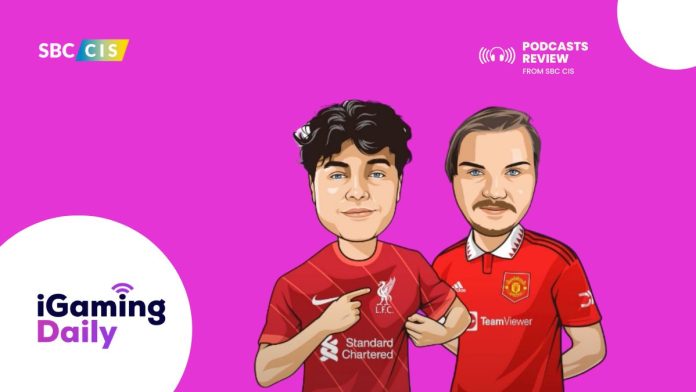A year ago, the landscape of online casino streaming underwent a significant transformation after Twitch introduced a new set of rules in response to consumer protection concerns. Twitch acknowledged that prior to implementing these rules, there were loopholes allowing for the circulation of gambling content without adequate safeguards. As a result, the platform made it clear that it would ban content from websites offering unlicensed slots, roulettes, or dice games that lacked sufficient consumer protection measures, both in the US and other applicable jurisdictions.
The impact of these new regulations became evident through Twitchmetrics.net’s data, revealing a drastic decline in average viewership for the slots category. On October 17th, just a day before the implementation of the rules, the average viewership for the slots category stood at 67,715. However, within a mere 24 hours, these numbers plummeted by over 50% to an average of 30,063 viewers. The following day witnessed a further decline, with average viewership dropping to just under 9,000.
In the latest episode of iGaming Daily podcast the host James Ross, together with CasinoBeats and SlotBeats’s Business Journalist Danny Lee delve into a discussion about the future of streaming in the iGaming sector.
Recently, Dan Clancy, CEO of Twitch, highlighted that they are still actively working to prevent the promotion of unlicensed operators. In last year’s interview with SBC CIS co-owner of Hideous Slots, a European Casino Streaming brand, William Barnes also pointed out that Twitch’s regulations are just about protecting players.
Danny Lee agreed with them: “Responsible gambling is obviously always good for the industry, something that always needs to be promoted and I guess that restricting these websites that aren’t licensed in certain jurisdictions obviously does promote responsible gambling because there is more control over what’s being showcased to viewers and people that are probably likely to gamble themselves.”
However, he added that despite the removal of this content from Twitch, it hasn’t completely vanished. In fact, it continues to be promoted on other platforms. Some of the new websites that have emerged since the restrictions were implemented lack proper control or concern for the content being showcased, unlike a major streaming platform like Twitch, which has the capability to exercise greater oversight.
New platforms attempting to fill the void left by Twitch’s declining viewership in the streaming domain. LiveSpins, for instance, has been actively establishing partnerships with various operators and industry entities, steadily expanding its influence.
“They are trying to rise up and take Twitch’s place and then obviously are still dealing with the fact that lots of streamers out there are now having to maybe move to other platforms or maybe change their content to make it safer.”
The transition to other platforms and Twitch’s new regulations, certainly, created inconveniences for everyone. Lee suggested that Twitch had the opportunity to assume greater responsibility by permitting streamers to continue using gambling sites while promoting a responsible gambling message through their platform.
As a prominent streaming service, Twitch possesses the influence and reach to effectively address the potential risks associated with gambling content. By allowing such content only on lesser-known platforms that lack stringent regulations, the overall risk and negative impact may increase.
James Ross in turn appeals to the idea that people need to take responsibility. Streamers do need to take responsibility and Twitch took this responsibility while implementing the ban.
“I think they need to do more in terms of player safety, certainly when it comes to younger age viewers on the site. They took the steps needed to move forward with this and get rid of these black-market streamers.”
He believes that Twitch, for the first time in a long time, made the right steps in moving forward in protecting its user base because slots were out of control. Moreover, while everyone complains about the numbers, the new average will come instead of reaching these heights of 70,000 views per hour, that new average of 30,000 is the safer one.
“That is the new average you play with. So streamers need to get out of their head that they’ve lost all these numbers because you haven’t lost these numbers. These are numbers you shouldn’t have had in the first place and you need to kind of accept the new reality moving forward, that Twitch has been right in the step, in the direction they’ve taken, and ready to implement the rules.”
Don’t forget to subscribe to our Telegram-channel!










